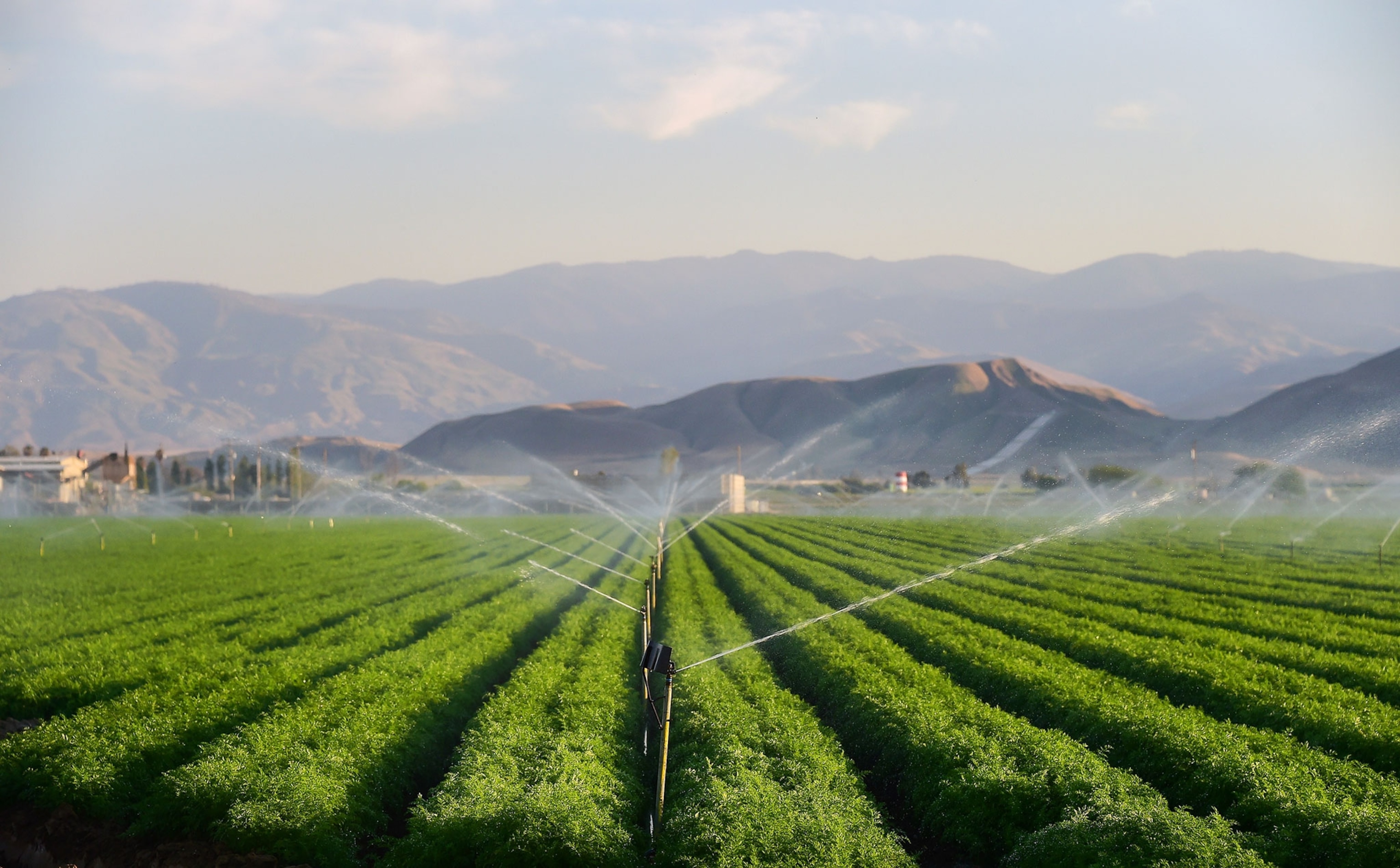
California Issues First-Ever Mandatory Water Cuts
Facing historic drought, the state will require a 25 percent cut for consumers, but not for farms.
California Governor Jerry Brown imposed mandatory statewide water restrictions on Wednesday for the first time in the state’s history, responding to a four-year drought that shows no signs of easing. Cities and towns must slash their water use by 25 percent, though the mandatory cuts will not extend to farms.
"It's a different world," Brown told news media during an inspection of much-lower-than-normal snowpack in the Sierra Nevada mountains Wednesday. "We have to act differently." (Learn how California's snows have failed.)
California is suffering through its worst drought in recorded history. According to NASA, groundwater is at its lowest level in 65 years and many reservoirs are at record lows.
The new restrictions had seemed “inevitable,” says Tom Painter, a snow scientist with NASA's Jet Propulsion Laboratory in Pasadena, California. “This year was one of the worst on record for snow accumulation in the state.”
This year’s snowpack was just 40 percent of last year’s peak, even though last year already had one of the lowest snowpacks on record, Painter says. That’s a problem because the state gets the majority of its surface water from snow that accumulates in the mountains and then melts to fill rivers and reservoirs in the spring and summer.
Brown’s new rules will require cities to stop watering grass along medians. Golf courses, cemeteries, and other large expanses of turf will also have to slash their water use. A new program will offer rebates to replace old appliances with more water-efficient ones. And Brown announced a goal for some 50 million square feet of lawn to be replaced with drought-tolerant plants.
New construction will require drip irrigation, which uses much less water than traditional sprinklers. Water agencies are also being asked to adjust their pricing models to encourage conservation.
The mandatory cuts will not extend to farms, which use about 80 percent of the state’s water. Instead, farms are being asked to improve their reporting of water use, so regulators can help reduce waste. The exemption for farmers led some Twitter users to complain: